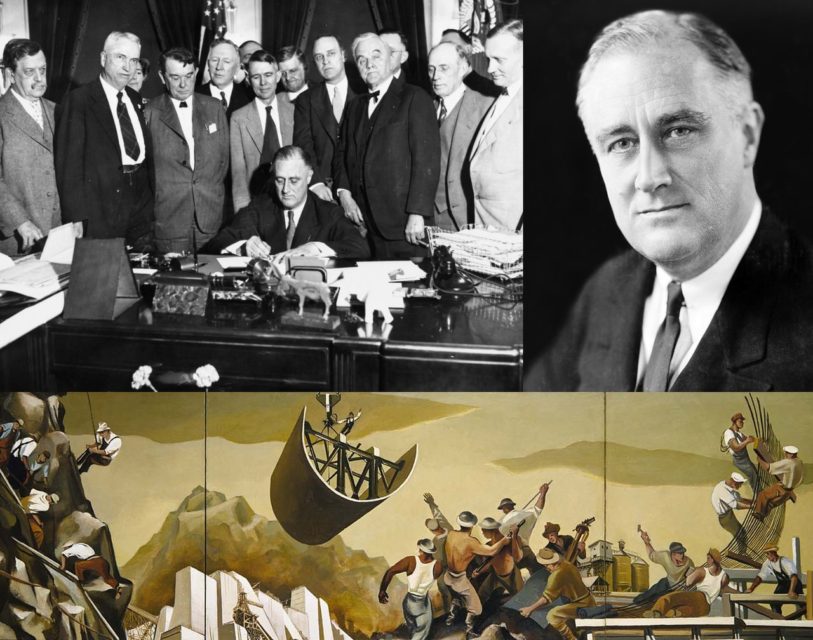(Apologies to Oscar for my misappropriation of his phrasing for the title of this post.) The current Vice-Chief of the Defence Staff has announced his resignation. Lieutenant General Paul Wynnyk will resign from his current role after rumours circulated that he was to be replaced with former VCDS Vice-Admiral Mark Norman. Ted Campbell has more:
I see, from a story on Global News, broken by Mercedes Stephenson, of Global and David Pugliese (Post Media), two journalists with very good sources inside DND and the Canadian Armed Forces, that “The second in command of Canada’s military Lt.-Gen. Paul Wynnyk is resigning after he said Chief of the Defence Staff General Jonathan Vance planned to replace him as the vice chief of the defence staff with Vice-Admiral Mark Norman … [but] … Vance then reversed that plan weeks later, according to Wynnyk, when Norman settled with the government and retired from the military.”
Lieutenant General “Wynnyk was the fifth vice chief to serve under Vance, and questions are now being raised about his leadership, senior military sources told Global News … [and, the report says] … There are now questions about who will fill the job next. No one appears to be ready, the sources said.” With the utmost respect to Mercedes Stephenson’s sources, who are, I suspect three and two-star admirals and generals, almost any general officer is “ready” to be Vice Chief of the Defence Staff or to fill almost any other “flag” appointment (jobs like surgeon general and the judge advocate general being obvious exceptions). I lived through times when the head of the Army’s equipment engineering branch was not an engineer ~ but was picked specifically because he could lead and manage people and could leave the “engineering” to subordinates, and when a logistics officer ran the Army, to the horror or a few combat branch dinosaurs, and when a Signals officer was Chief of the Defence Staff, too, because, at the time, the top leaders still understood that generals are generalists. I will assert, some will disagree but they are wrong, that almost every rear admiral and major general, from almost every corner of the military, is “ready” right now, to be Chief of the Defence Staff and almost every commodore and brigadier general is equally “ready” to be the Vice Chief. If that is not the case then the Canadian Forces’ leadership system is in a crisis right now, which only a wholesale slaughter of admirals and generals will rectify … or else there will be a slaughter of young Canadian men and women when our armed forces muct face a near-peer enemy.
At the risk of repeating myself:
- The current military command and control (C²) superstructure is beyond bloated, it is morbidly obese;
- The military C² system has things back-asswards ~ staff officers outrank combat commanders. We have commodores and brigadier generals sitting behind big desks in Ottawa when they ought to be commanding flotillas, brigades and air groups. The desks in HQs should be occupied by Navy captains and commanders and Army and RCAF colonels and lieutenant colonels, all of whom are, already, proven executives;
- The CDS should be a three-star officer, a vice admiral or a lieutenant general ~ Canada, with only about 110,000 men and women, regular and reserve, in uniform, doesn’t need a four-star CDS. Reducing her or his rank would be an act “pour encourager les autres;”
- The military’s command culture must start with getting the foundation right. The recruiting, selection, training and development of junior leaders, corporals and 2nd lieutenants (using the Army as my example), must be the highest priority for every single senior officer. If the foundation is solid then developing admirals and generals will not be a problem. If, as I suspect, the foundation is weak, if there is rank inflation, as I assert there is, at the tank/rifle section and troop/platoon command levels, then problems are going to persist and be magnified at the unit (ship, regiment or squadron), formation (group, brigade, wing and higher) and command levels and in National Defence HQ, too. Eventually, if the foundation is weak then we, Canadians will pay the price in blood … the blood of our sons and daughters and grandsons and granddaughters.

















